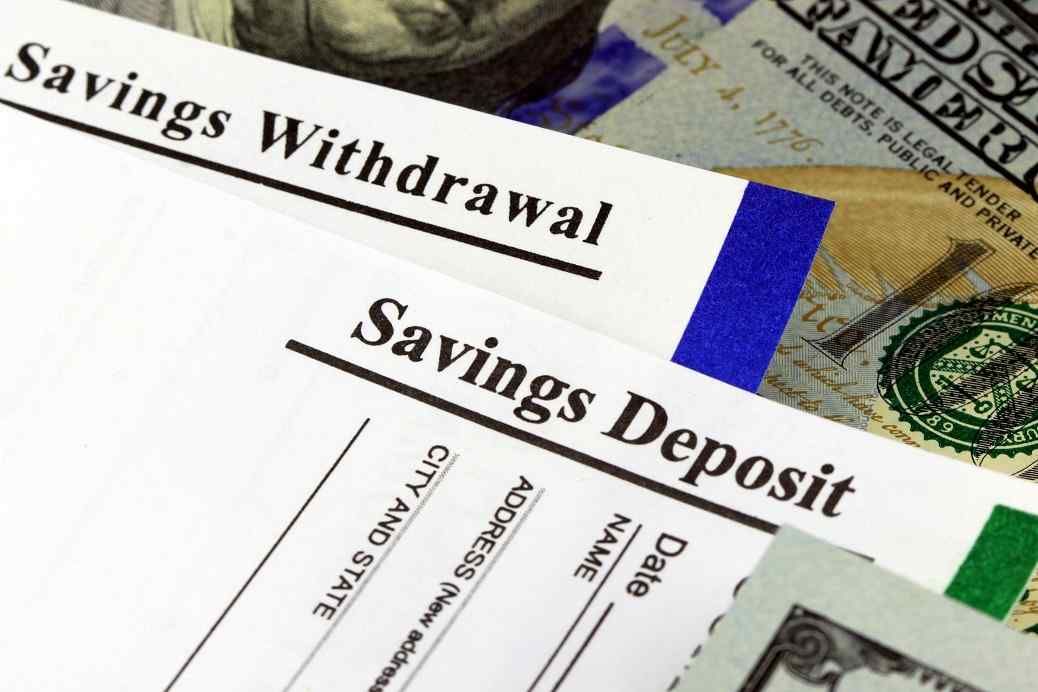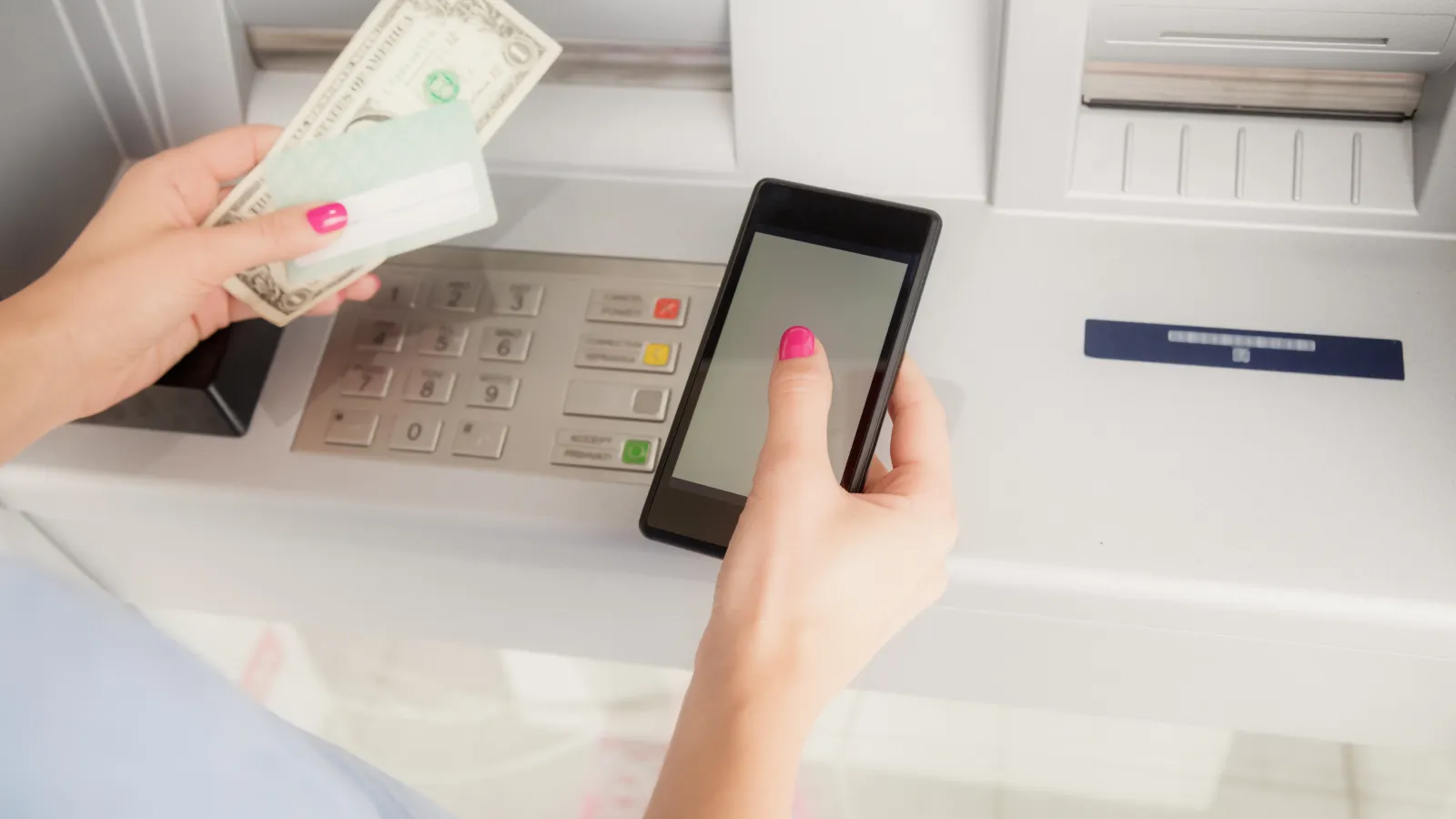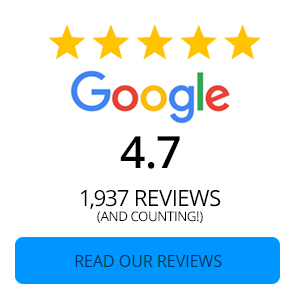Whether you're walking into the bank to open your first account or you're a seasoned banking pro, the teller will ask you the same question: "checking or savings?"
The brevity of the question belies its complicated nature. Each account is paired with a pro-and-con list detailing the benefits that accompany the account's design. It's up to you to decide which offer meets your particular banking needs.
Checking Accounts
The most complicated thing about checking accounts is that they're all just a bit different. Banks have full control to design an account that works for them and, they hope, works for you too. When you're doing your research, don't assume one bank's checking account profile will mimic another's.
In general, these are some basic features you can expect when you open a checking account:
- Purpose
Checking accounts are designed to hold your monthly spending money. Most offer debit and ATM cards without charge. Paper checks are also available. However, these are usually not free.
- Limits
Although checking accounts don't have spending limits, many do have a minimum-balance requirement. Be sure you know what that amount is before paying your expenses.
- Web-Friendly
Many banks are offering online banking and bill-pay free-of-charge when you open an account. Another web-based service banks offer is free direct deposit. Knowing your paycheck arrives into your checking account at the same time every payday, means you can set the account to automatically pay bills on time.

Checking accounts aren't designed to be interest-building accounts. However, recently banks and credit unions have consolidated account number systems. In doing so, they created an incentive by offering a minimal checking interest rate. Not only does this encourage you to open the account, it's a reason to keep more than the minimum balance available at all times. The more that's in the account, the more you earn.
- Fees
No one likes fees, especially when they seem arbitrary and unpredictable. Read this part carefully before you sign on the dotted line. The best checking accounts will offer no monthly fees, no ATM fees - nationwide, and give you an option to use other accounts as a backup payment option in the case of an overdraft. This saves you the exorbitant overdraft fee.
- Incentives
If you live in a urban area, search for a bank that's willing to pay you to open account. This type of incentive is surprisingly common with banks actively competing for your business in the current financial climate. They know you have many ways to store your money that may, or may not, make you far greater gains over time, and will do nearly anything to woo you to the safe side.
Savings Accounts
These accounts are designed to encourage you to consistently put money in over a long period of time. Withdrawals are allowed, but many banks put a monthly limit on the number of times you may withdraw cash.
By definition, savings accounts are very basic; therefore, there aren't a large number of bullet-points to consider when comparing banks' designs. The only factor you really need to compare is the interest rate they're offering and how long that rate will apply to the account.
When you know your financial goals, choosing the right type of bank account is easy.

